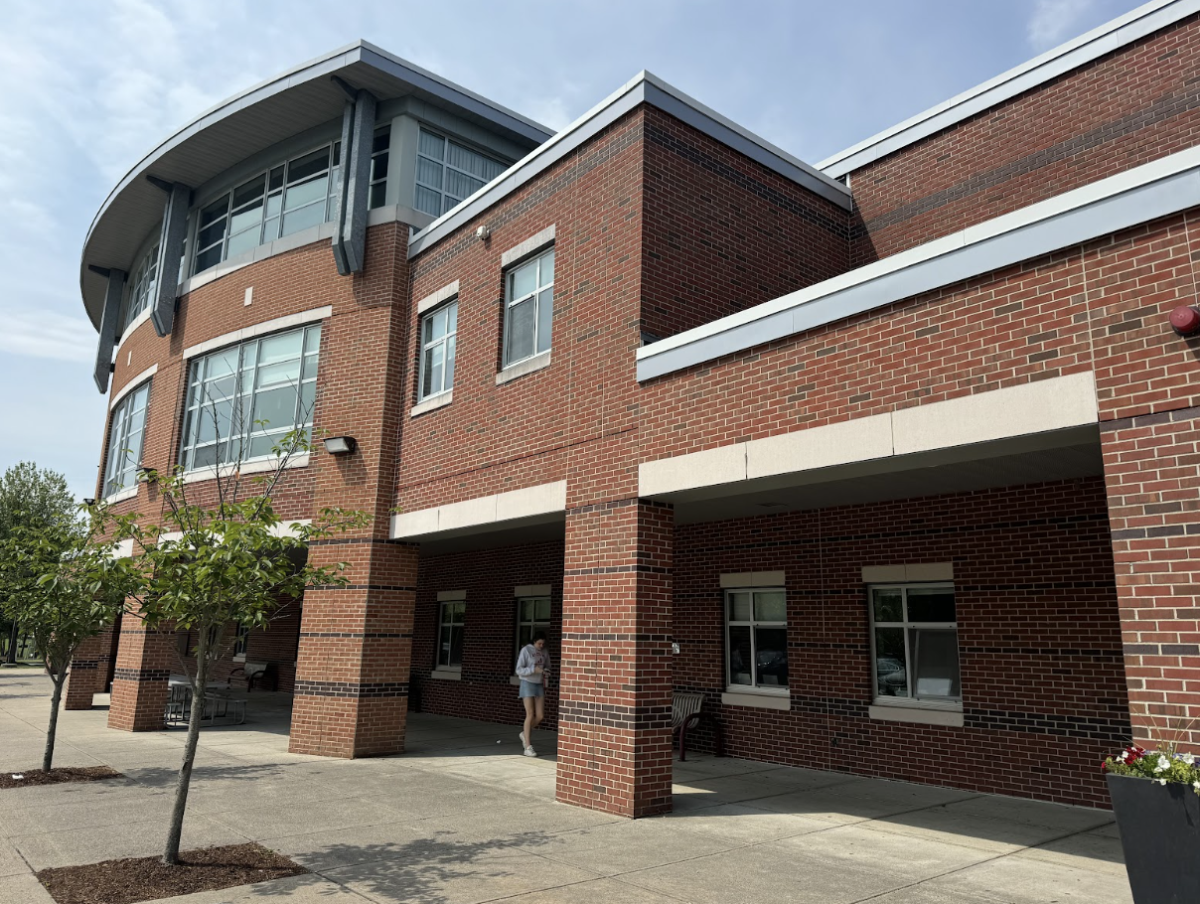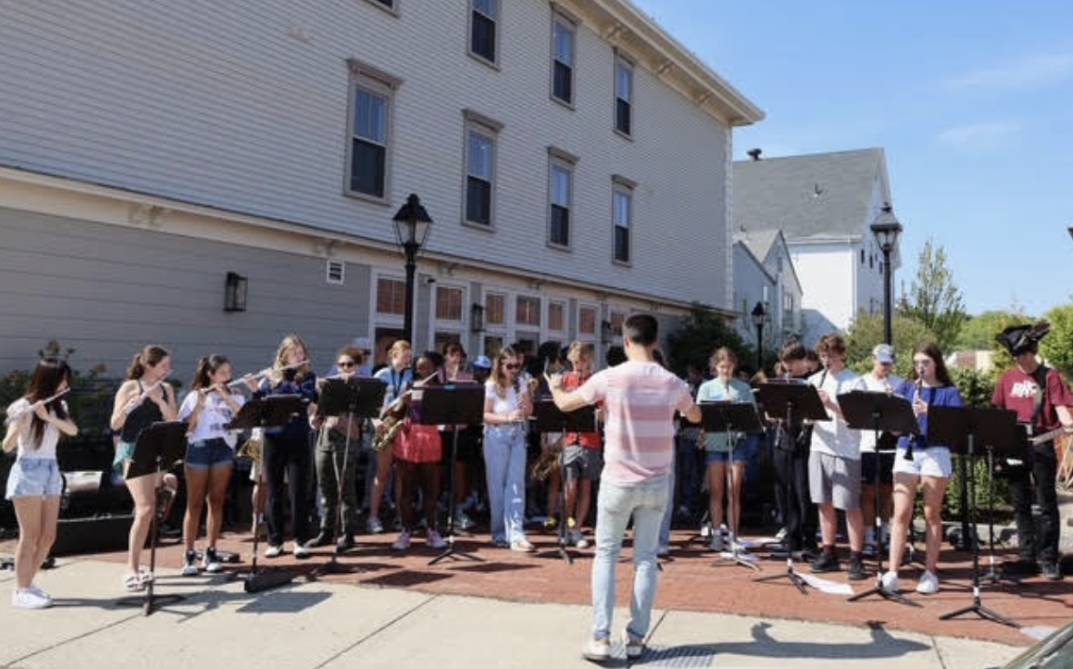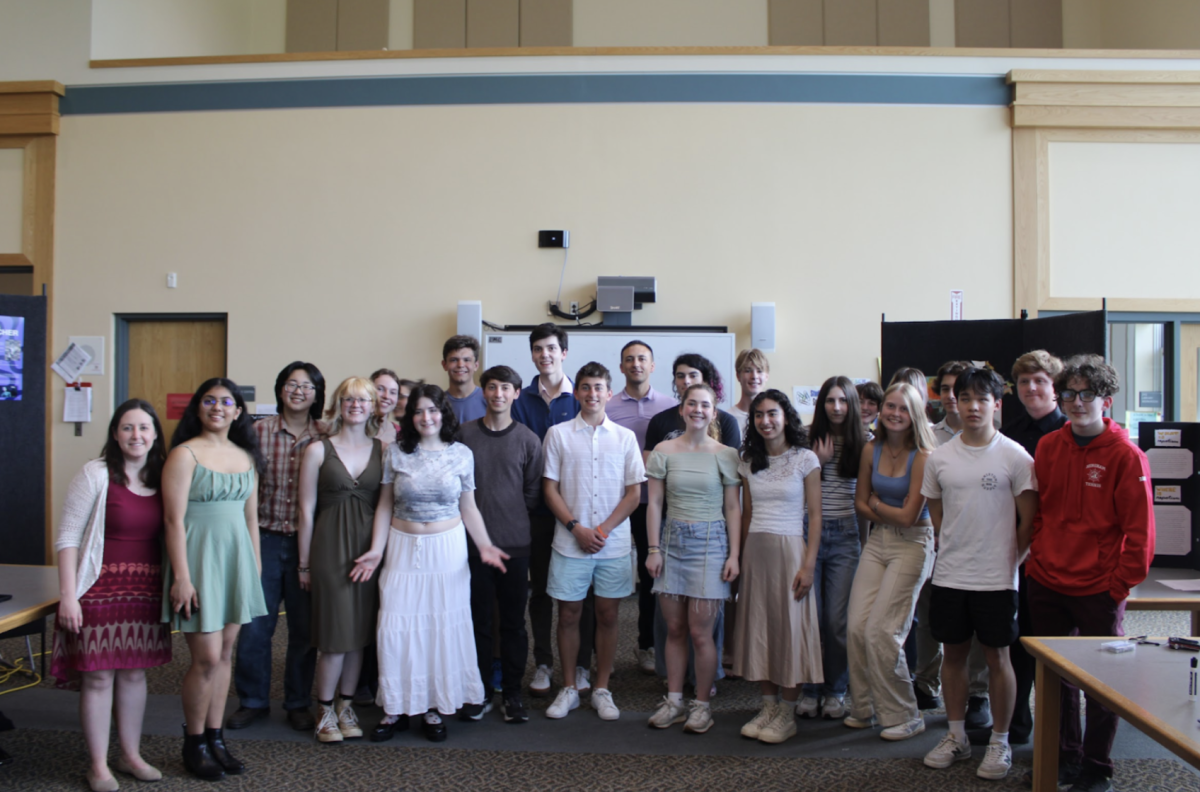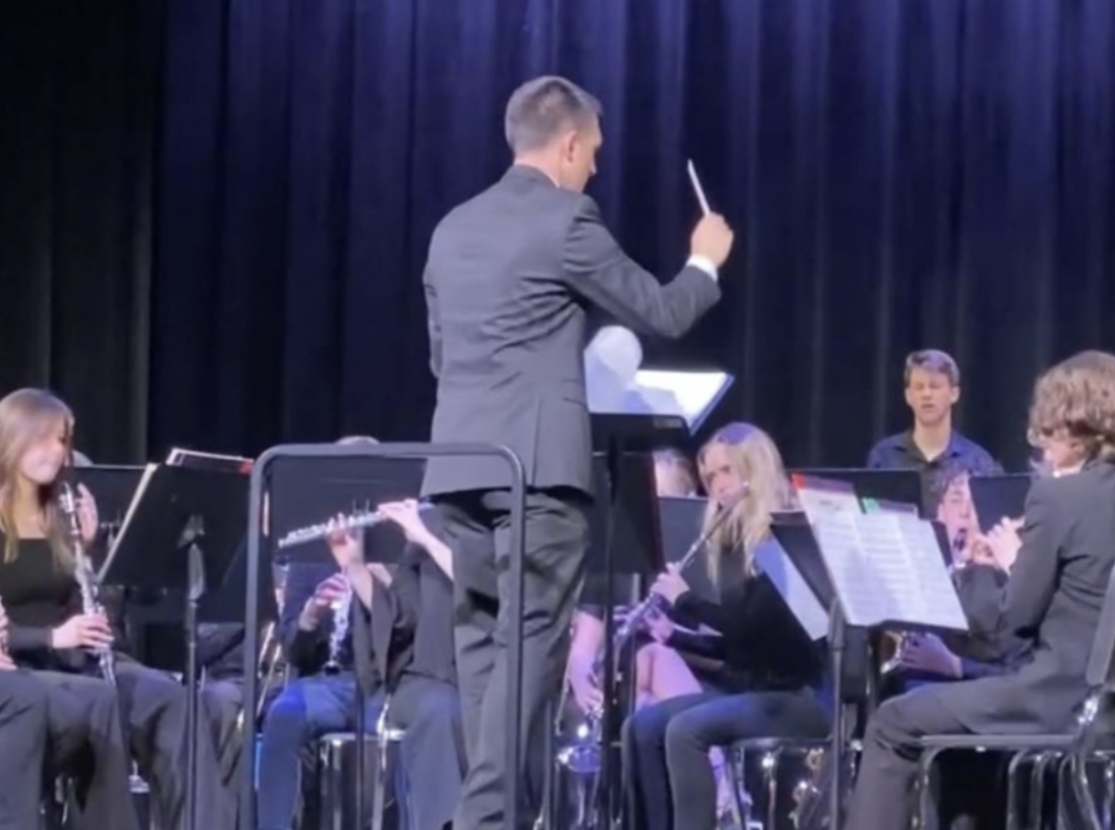Life 360- or is it Life Surveillance 360?
According to a survey by Common Sense Media, 26% of parents track or monitor their teens’ phones.
January 13, 2020
With the almost universal technology of the 21st century– a staggering 96% of Americans own a cell phone– it can sometimes feel like privacy is a luxury of the past. Adding to the all-pervading presence of technology over the lives of modern teenagers, Life 360, an app for families that allows parents to track their kids’ whereabouts in real time, has become the new normal for many teens across the country.
Besides accurate location-sharing, Life 360 can track phone battery, how fast kids are driving, alert family members when someone in their “Circle” arrives at their destination, and more.
According to the app’s website, it is available in 144 countries worldwide and has been downloaded over 50 million times. As of June 2018, Life 360 has raised over 90 million dollars in venture capital.
As a result of Life 360’s popularity, many teens are starting to feel the effects of helicopter parenting even more, jokingly referring to it as “Life Surveillance 360” on social media. Much of this unrest is reflected in the hugely popular site TikTok, where memes and videos mocking Life 360 have generated hundreds of thousands of likes. Other videos give instructions on how to turn off certain features on the app in order to “get around” its constant presence in their lives.
These videos are so popular because they are relatable; kids across the country share the frustrations of helicopter parenting. Sophomore Ally Higgins believes Life 360 is “an invasion of privacy- they should trust us.”
Today’s generation of parents are more involved in their childrens’ lives than ever before, which can have negative effects on development when teens are not allowed to make their own decisions or learn from their mistakes. One study found that students with helicopter parents had more cell-phone conflict and more rules about cell usage compared to students with more easy-going parents, and in many cases these strict policies led them to avoid their parents.
As sophomore Helena Orth said, location-tracking devices like Life 360 set up a “toxic relationship” between children and parents. She thinks that “kids are going to be more open with their parents about what they are doing if they have some level of privacy.”
However, Life 360 can also be extremely beneficial when it comes to safety. The app has built in crash detection technology, allowing it to detect if someone in your “Circle,” or family members using the app, has been in a major car crash. If this happens, Life 360 will notify everyone in the victim’s family, including emergency contacts, and can even call 911 if needed. In some instances, using this feature could mean the difference between life and death.
Secondly, Life 360 has a roadside assistance feature, where you can press a button to connect to a live representative and receive help for sticky situations such as when you run out of gas, need a tire change, need to be towed, and more. As of 2018, Life 360 has helped with 2,100 collisions, 1,000 tows, 290 jump starts, 230 flat tires, and 500 lock-outs.
It can also be used as a tool to press a button and get directions to a family member’s exact location, useful for dire moments when parents and children are separated.
Sophomore Alex Denning likes that the app can act as a safety net for younger children, saying that it “is fine for parents to monitor their children while they are still in elementary school and may not have the ability to take care of themselves.” However, she shares the opinion that “what a teenager does on their phone is not their parents business until it becomes harmful for them or other people. It is important for teens to grow up without the constant watch of their parents.”
It seems that the general consensus at the high school is not in favor of Life 360. Students want a sense of independence as they grow older and more mature. They want to be able to make their own decisions without the constant surveillance of their parents. However, it is important not to overlook the safety net Life 360 provides for families. With the added assurance of location-sharing, are parents less likely to stress about their teens’ well-being? Or does it cause them to obsess over their children’s lives even more?
Perhaps it’s acceptable for parents to have a more active presence in younger children’s social lives and activities. However, a certain level of independence and trust between teenagers and their parents is important to maintaining a happy family– lest Life 360 starts to feel like Life Surveillance 360.


































Jamie • Aug 15, 2020 at 5:59 pm
I think the app is great! I am a parent of a senior (2021) & the app helps me rest assure that he is where he says he’s going to be & not to mention the fact of knowing he made it there safely!
For whomever started in previous comments that it’s none of the parents concerns not until it becomes harmful to them or others, well that’s ridiculous because that’s what GOOD parents want to prevent. We’re not just trying to let our kids get out here and make outrageous decision and them get ac record before their even out of school!
Yes, I do agree that it does have an effect on out relationship, but I’m not here to be my sons friends, I’m his mother 1st & the app helps me with that when I don’t have eyes on him!